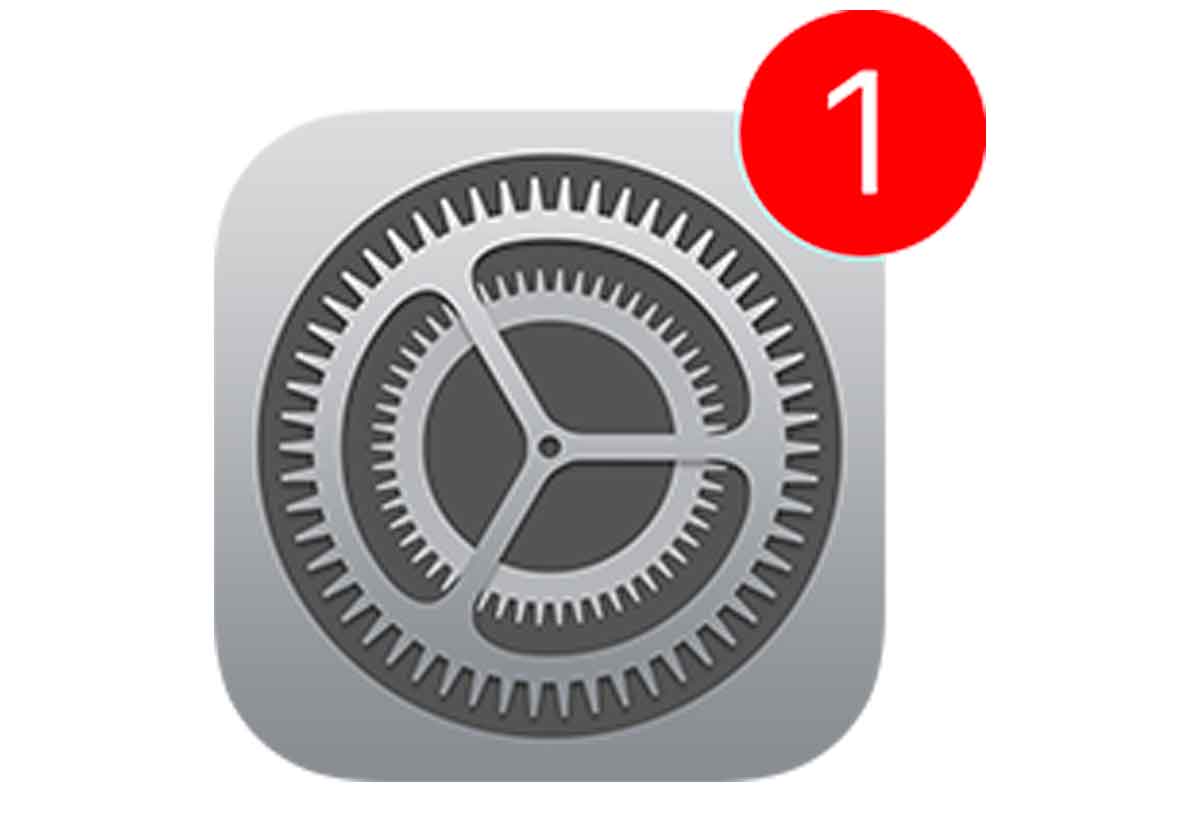
Everything is ready for the second launch of the year Vega, the European missile built at the Avio factories in Colleferro near Rome, scheduled for 03:47 Italian time from the European base in Kourou (French Guiana). It will enter into orbit Pléiades Neo 4, the second satellite of the innovative Earth observation constellation, and 4 other small satellites including Ledsat built by Sapienza University in Rome for educational purposes with the support of the Italian Space Agency (Asi).
After 10 months of anomalies recorded during the VV17 mission, the European Vega rocket returns for the second time in 2021 and will carry 5 “passengers”, totaling 1,029 kg, which will be launched into two different orbits in a launch that should finish in just under two hours. The first passenger to be launched into orbit will be the Pléiades Neo 4, the second of the four satellites that will form the miniature constellation built and operated entirely by European Airbus and that will provide images of any point on the Earth’s surface at a resolution of just 30 cm twice a day . Once completed, the constellation will be one of the most advanced in the world for this type of monitoring and will provide commercial services to businesses and corporations.
In a few minutes, the other 4 passengers will be released, including 3 small cube-shaped ESA satellites: Sunstorm, to investigate the potential of some new technology to study solar flares, Radcube, to test some solutions for measuring radiation in space and Ledsat, an educational project implemented by Sapienza researchers as part of the European educational program Fly Your Satellite! The last passenger on board is Bro-4, the fourth small satellite from a constellation created by a French start-up designed to identify radio signals of all “active” ships and boats on the planet and which will provide a series of future services for surveillance and navigation.
Reproduction is reserved © Copyright ANSA

“Food expert. Unapologetic bacon maven. Beer enthusiast. Pop cultureaholic. General travel scholar. Total internet buff.”





